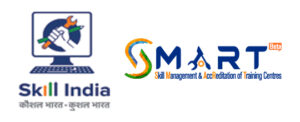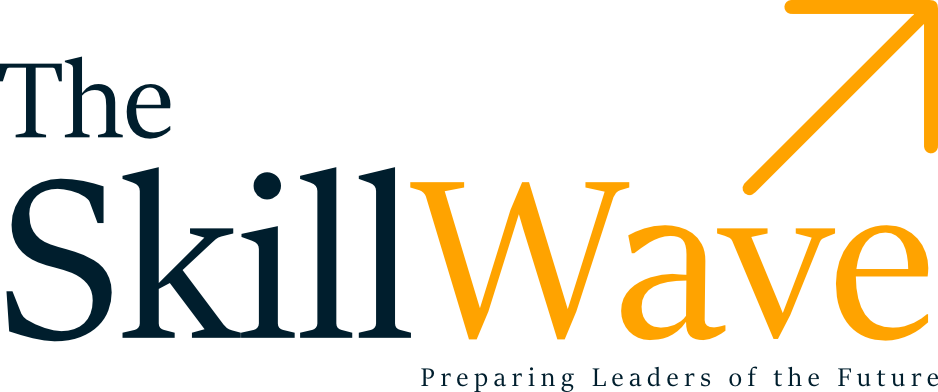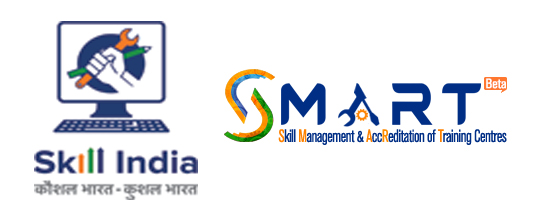The sea of offerings in the market makes selecting the right tools overwhelming. This guide walks users through the process to select appropriate AI/ML tools for data science projects so that they can be executed efficiently and effectively.
Understand Your Project Requirements
Before getting into the selection of AI/ML tools, you shall be very clear about the requirements for a project. Answer to the following questions shall be known to you, such as:
- What is your goal in this project?
- What kind of data are you processing?
- How complex are the models to be built?
- What are the scalability requirements?
- What is your budget?
This will provide a proper foundation for selecting the correct tool.
Key Factors to Consider in Choosing AI/ML Tools
1. Usability
Pick tools that match the experience level in your team. If your team consists of mostly novices, then you need to go for a tool with a friendly user interface and also the documentation for how to use it. Systems like Google AutoML and H2O.ai are extremely very good for any beginner because of excellent UI and good support.
2. Integration and Compatibility
Ensure that the AI/ML tools chosen can be easily integrated into existing systems and workflows. Some of the leading tools, like TensorFlow and PyTorch, are pretty compatible with a few programming languages and platforms, hence fitting into any integration for service without a glitch.
3. Scalability
In projects with large data set processing or a large user count to be handled simultaneously, this makes scalability paramount. In terms of scaling up or down according to the requirements of your project, cloud-based solutions like Amazon SageMaker and Azure Machine Learning offer robust options.
4. Performance and Speed
Performance becomes a critical factor, more so in real-time applications. For example, IBM Watson and Microsoft Azure Machine Learning are known for high performance and speed, making them quite suitable for AI/ML tasks of very demanding nature.
5. Cost:
Budget constraints, therefore, come into play in the selection of the tools. Open-source tools like Scikit-learn and Keras are quite cheap, having very powerfully rich functionalities that do not come expensive. Consider the cost-to-benefit ratio for every tool to derive the most value out of the money you are going to invest.
Popular AI/ML Tools and their Use Cases
1. TensorFlow
Best for: Deep learning and neural networks
Use cases: image recognition, natural language processing, predictive analytics
Why choose: High flexibility and wide support make TensorFlow a good choice for heavy-weight AI/ML projects.
2. PyTorch
Best For: Research, prototyping
Use cases: academic research, Natural Language Processing, Computer Vision
Why choose: Dynamic computation graph and ease of interface make PyTorch very nice for rapid prototyping and experimentation.
3. Scikit-learn
Best For: general purpose machine learning
Use cases: classification, regression, clustering, dimensionality reduction
Why use: Scikit-learn is very easy to use and can easily combine with other libraries of Python, thus making it perfect for most machine learning tasks.
4. H2O.ai
Best for: AutoML—Automated Machine Learning
Use cases: Financial Services, Healthcare, Marketing Analytics
Why use: H2O.ai facilitates machine learning due to its AutoML, which helps in building models, even by nontechnical experts, and thereby quickly implementing them.
5. Amazon SageMaker
Best for: End-to-end Machine Learning Development
Use cases: Large-scale data processing, model training and deployment
Why choose: SageMaker allows complete use of tools and services across the machine learning lifecycle from one place, thus uniquely setting it as a one-stop solution at the enterprise level.
Conclusion:
The correct choice of AI/ML tools will depend on the project requirements, team expertise, and budget. Obviously, proper weight setting will make projects successful with respect to ease of use, integration, scalability, performance, and cost.
Enroll in The SkillWave’s extensive courses and hands-on training with state-of-the-art AI/ML tools, teaching you the required skill set towards the completion of your data science projects. Be it a fresher or an experienced professional, our programs help bridge your knowledge gap and build expertise in managing a fast-emerging field like Artificial Intelligence and Machine Learning.
Keep in mind that proper selection of the AI ML tool itself is among the critical success factors. Keywords: choosing AI ML tools, AI/ML selection, AI ML tools in data science, best AI ML tools, AI ML tools comparison, selecting AI tools, The SkillWave AI ML guide.
For more insights and expert guidance on AI/ML tools and technologies, visit The SkillWave.















